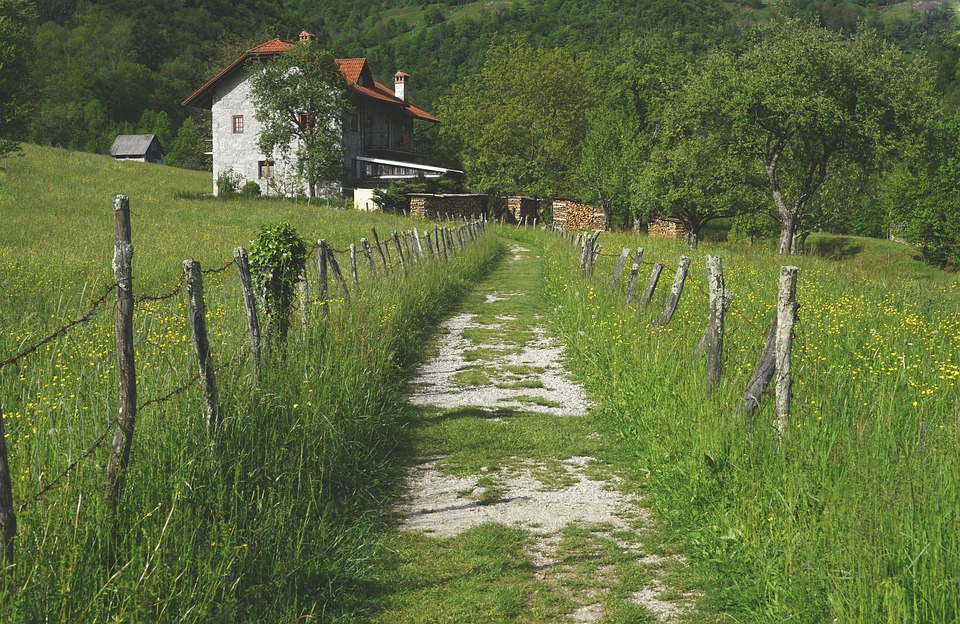As someone who has spent years living off the grid, I have come to appreciate the benefits of sustainable farming and gardening. It has been a transformative experience to live in harmony with the Earth and to provide for myself and my family through natural, sustainable means. The rise of sustainable farming practices is not only a movement, but a way of life for many individuals and communities who are seeking to make a positive impact on the Earth. These practices not only help to save the Earth but also provide a bountiful harvest of delicious, organic produce. Join me as we explore the exciting world of sustainable farming and gardening, and learn how you can contribute to saving the Earth one harvest at a time.
Sustainable farming is the practice of producing food, fiber, or other plant or animal products using farming techniques that protect the environment, public health, human communities, and animal welfare. This means using methods that minimize the use of fossil fuels, pesticides, and other harmful chemicals, and promote soil health and sustainable water management. As someone who has spent years living off the grid, I have seen firsthand how sustainable farming can provide an abundant harvest while also protecting the Earth and its resources.
One of the key principles of sustainable farming is soil health. Healthy soil is the foundation of any successful farm or garden, as it provides the essential nutrients and support for plant growth. Sustainable farming practices such as crop rotation, cover cropping, and minimal tillage help to build and maintain healthy, nutrient-rich soil. These practices not only improve the quality of the food grown, but also help to sequester carbon and combat climate change.
In addition to soil health, sustainable farming also prioritizes water conservation and management. By using techniques such as rainwater harvesting, drip irrigation, and mulching, sustainable farmers can conserve water and protect local water sources. This not only benefits the Earth, but also helps to ensure a reliable water supply for crops and livestock.
Sustainable farming is also about creating a diverse and resilient ecosystem. By incorporating a variety of crops and plants, sustainable farmers can help to promote biodiversity and provide habitat for beneficial insects and wildlife. This not only enhances the health of the farm or garden, but also contributes to the overall health of the local environment.
Pro Tips:
– Start small: If you are new to sustainable farming, start with a small garden or a few raised beds. This will allow you to familiarize yourself with the principles and practices of sustainable farming before taking on a larger project.
– Connect with your community: Sustainable farming is not just about what happens on the farm or in the garden. It’s also about building and strengthening connections within your community, whether through sharing produce, knowledge, or resources.
– Embrace experimentation: Sustainable farming is an ongoing learning process, so don’t be afraid to try new methods, plants, or techniques. Embracing experimentation can lead to new and innovative ways of farming sustainably.
The rise of sustainable farming practices is an exciting and promising development for the future of agriculture and food production. Not only does it hold the potential to save the Earth, but it also provides a bountiful harvest of delicious, organic produce. By incorporating sustainable farming practices into our own lives and communities, we can all contribute to saving the Earth one harvest at a time.



